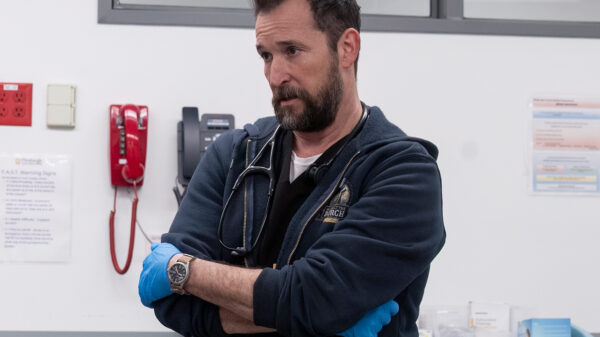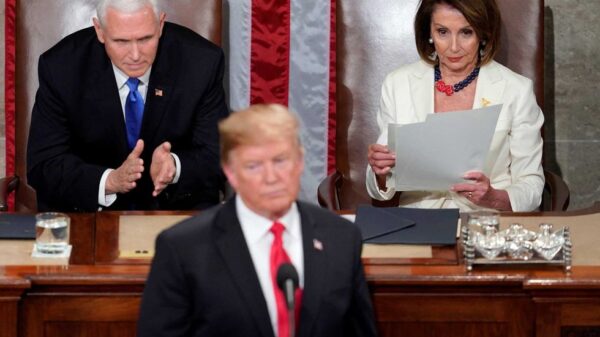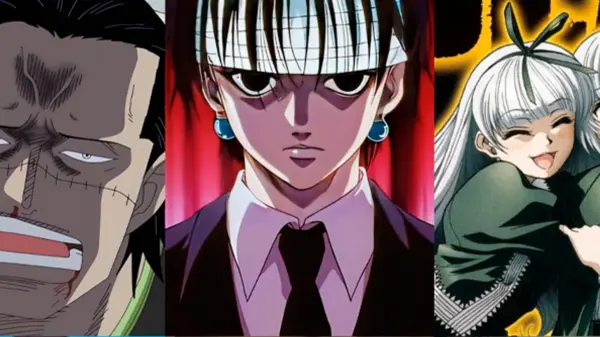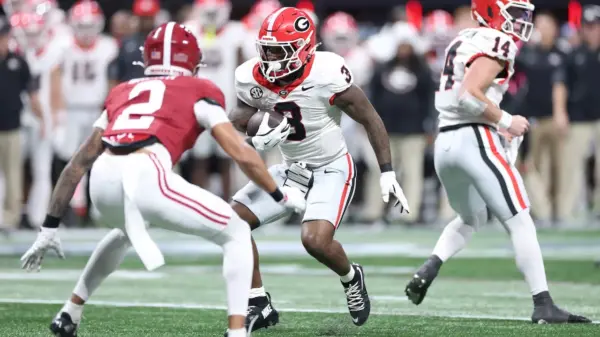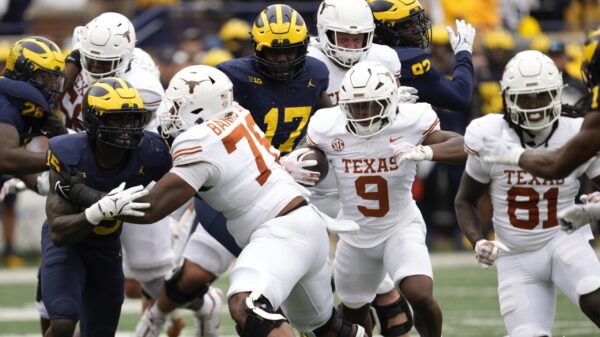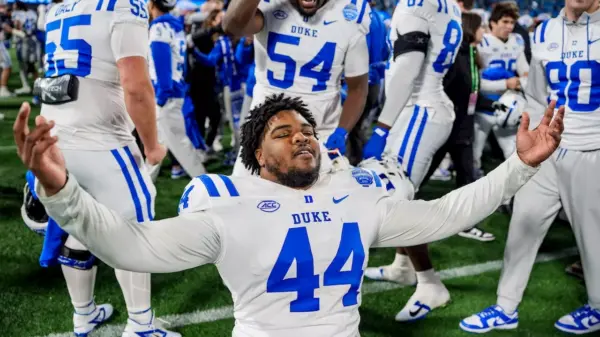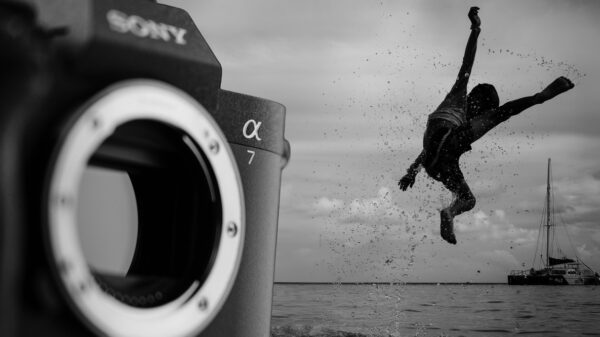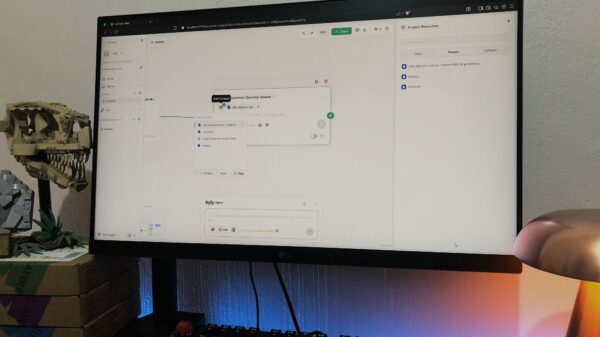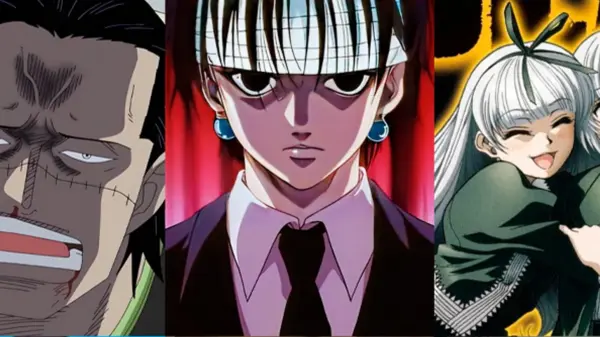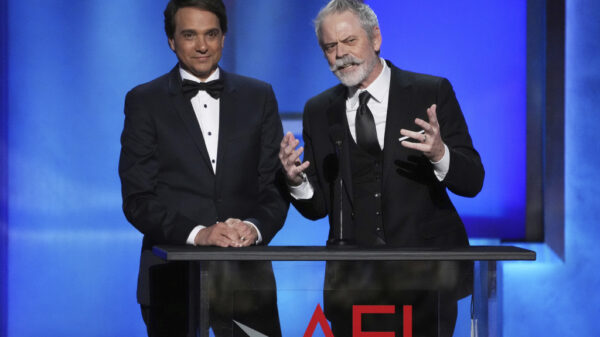Austrian director Angela Summereder presents her latest film, B for Bartleby, which creatively interprets Herman Melville’s short story, “Bartleby, the Scrivener: A Story of Wall Street.” The film premiered at Doclisboa and is set to screen this week at Austria’s Viennale. Summereder’s work delves into the challenges of adapting a literary classic for the screen, exploring the nuances of language transformation into visual storytelling.
The film navigates the complex process of adaptation, ultimately reflecting on the “impossibility of translating written language into images and sounds,” according to the synopsis on the Viennale website. It features a unique blend of theatrical performance, conversation, and documentary elements, encapsulating the artistic journey of Summereder and her late partner, Benedikt Zulauf. Zulauf, who had long envisioned a film based on Melville’s work, passed away before they could realize the project together.
Summereder’s approach emerged from a realization that a traditional adaptation would not suffice. In an interview with The Hollywood Reporter, she remarked, “It’s a really complex, difficult story, so the bar is set pretty high.” Her initial discussions with Zulauf about the film took place years before his passing, but after his death, she found inspiration in recorded conversations they had about the project. The film integrates these discussions, highlighting the emotional weight of their shared ambitions.
As the film unfolds, it diverges from Melville’s original narrative, which is set in an all-male environment. Summereder introduces female characters to the story, emphasizing their role in Melville’s life. “He was married and had daughters,” she explained, “so he lived in a very feminine world.” By portraying women as a collective that contrasts with the solitary male figures, the film invites a fresh perspective on the themes of isolation and social interaction present in the original text.
The inclusion of children discussing Bartleby adds another layer to the film. Summereder collaborated with a youth center to engage young audiences, noting, “One of the nice things when you find yourself making a film is to dive into different social and age groups.” This collaboration also led to the involvement of young rappers, who contributed by developing beats and lyrics inspired by Bartleby’s story.
The film’s structure feels more like an immersive experience than a conventional movie. Summereder aims to evoke emotion, stating, “I didn’t want to bring a certain claimed reality to the screen, but make it more about emotion and invite the audience so they feel included.” This intention aligns with her future projects, which will continue to explore themes of motherhood and climate, integrating literary texts into her narrative style.
As audiences engage with B for Bartleby, they are not only invited to reflect on Melville’s work but also to consider the broader implications of adaptation and the artistic process. Summereder’s film stands as a testament to the enduring relevance of literature in contemporary cinema, showcasing the dynamic interplay between storytelling and performance.





